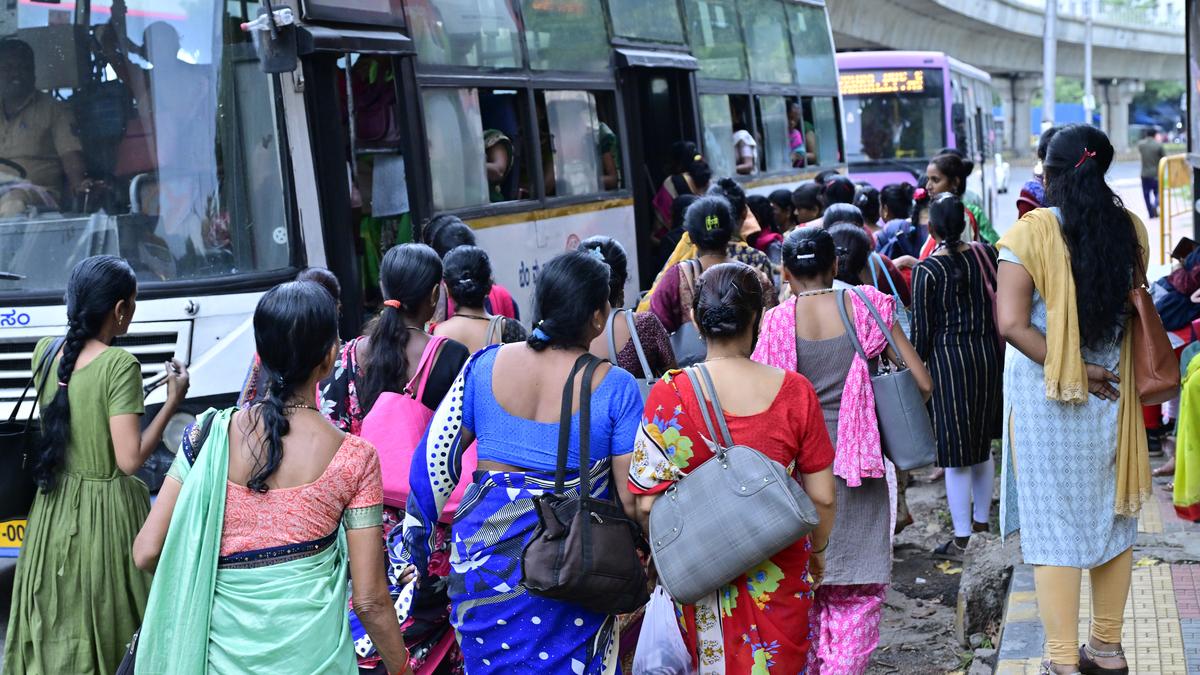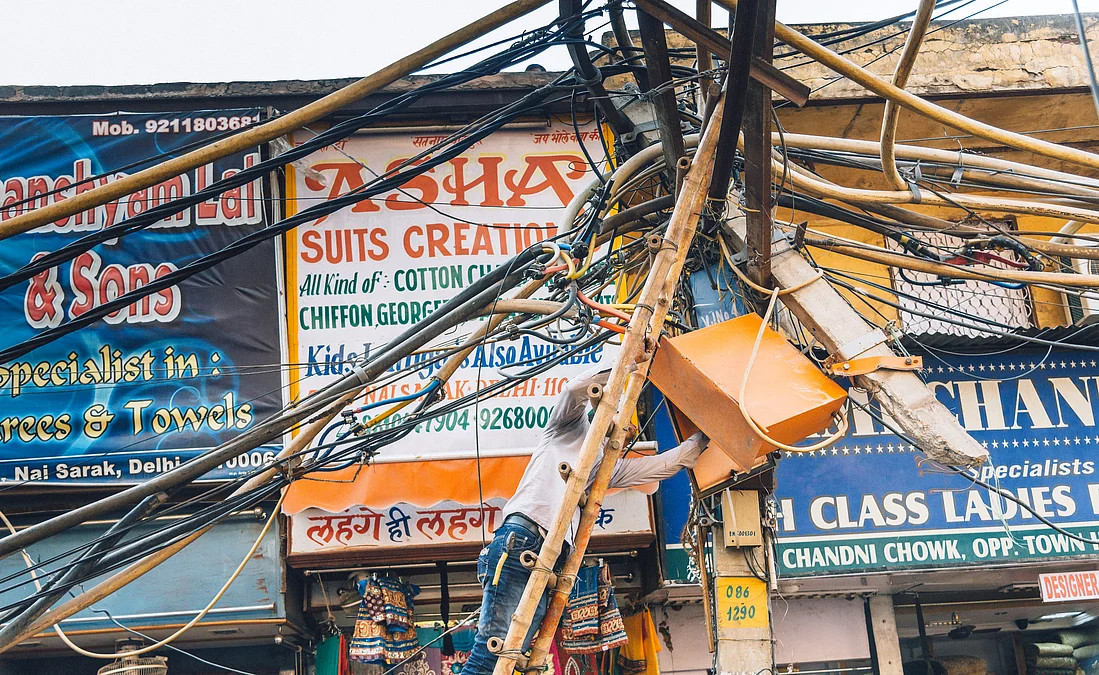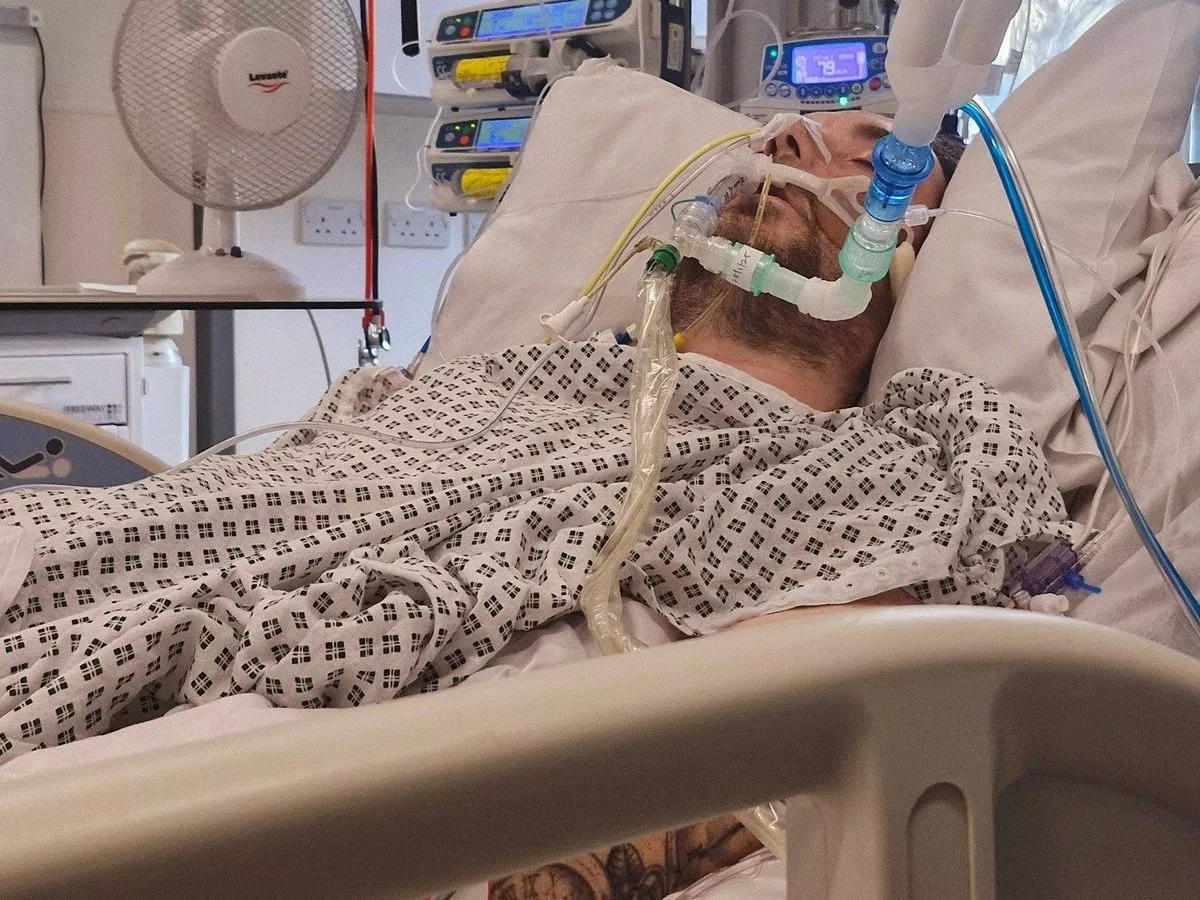Karnataka’s guarantee schemes offer financial fillip to women beneficiaries and families, finds study
By Shilpa Elizabeth
Copyright thehindu

An independent study has shown a large number of women reporting that the Karnataka government’s five guarantee schemes have helped reduce the financial stress on their families.
The mixed-methodology survey, led by independent policy consultant Tara Krishnaswamy, in collaboration with Lokniti-CSDS, Bangalore University, Tumkur University and Indus Action, was conducted over a period of one year. It covered around 6,300 women across 15 districts in the State, 84% of whom affirmed that the schemes eased their families’ financial burden. Around 89% affirmed that it helped their financial upliftment.
“In addition to the ₹2,000 from Gruha Lakshmi, over 90% saved up to ₹1,000 per month due to Gruha Jyoti, and up to ₹1,000 per week from Shakti,” read the report, which also showed that 27% repaid loans using savings from the five guarantees.
Access to nutrition, healthcare
According to the study, 91% of respondents use the money received or saved from the guarantees for purchasing food, supplementing the family diet with essentials such as grains, pulses, vegetables, fruits, eggs and meat. Around 95% of the women stated that their families ingested better nutrition and improved diets due to the benefits, while 90% reported increased access to healthcare.
Over 80% of women reported improvements in personal nutrition, own healthcare and personal financial security, and more than 50% respondents engaged in furthering their education.
Scheme-wise highlights
According to the study, Gruha Lakshmi and Shakti schemes have specifically contributed to the empowerment and independence of female beneficiaries.
Highlighting the impact of Shakti scheme, the study found that 19% women found a better-paying job or took up a job due to zero ticket travel offered by the scheme.
“In Bengaluru, it’s even higher; around 34% have secured new or better jobs. They are from low income households and get jobs with marginally high wages, which, without free mobility, is not worth it. But the money they save from the free mobility, combined with the earnings from the job, really help with their financial distress and also boost the economy,” said Ms. Krishnaswamy.
According to the study, the scheme also helped 83% women to travel for better healthcare facilities and over 80% women to save up to ₹1000 per week.
With respect to Gruha Lakshmi, around 95% beneficiaries reported financial upliftment due to the scheme. More than 90% reported improvement in their relationships with their own families and increase in influence on family decisions. Around 92% reported experiencing financial upliftment from Gruha Jyoti scheme as well.
“These schemes are a social safety net. The money is not sitting idle somewhere. Whether it is money received through Gruha Lakshmi or any savings that they have because of these schemes, it is all being spent mainly on food, nutrition and health,” remarked Ms. Krishnaswamy.
She noted that Karnataka lags behind peer States of Tamil Nadu and Kerala in terms of health and nutrition indicators. The stunting and wasting of children is over 30% to 35%. The anaemia of women is at 66%. Similarly, when it comes to education indicators, gross enrolment ratios are far lower than Tamil Nadu.
“You can’t secure your GDP with an underfed and anaemic population. But the money that’s saved through these schemes go back into the economy and boosts the economy. The fact that it is being spent on nutrition and health tells you that there are real unmet needs in core areas,” she added.
Penetration of scheme
When it comes to penetration of the schemes, Bengaluru Urban and Tumakuru districts seem to have done well, with the saturation figures around the median for all schemes. Bengaluru Rural, on the other hand, shows poor penetration of Anna Bhagya, Shakti and Yuvanidhi schemes.



